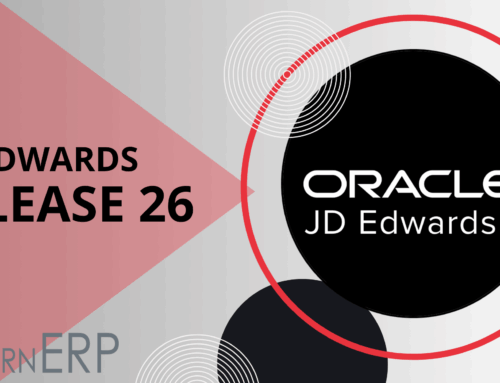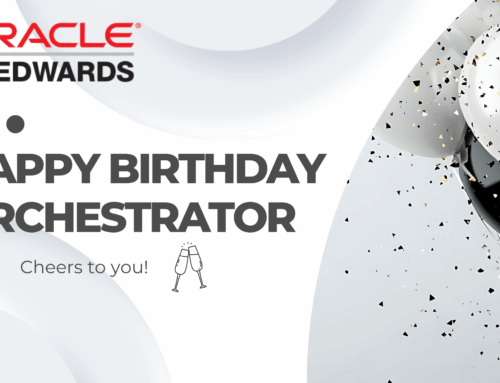Because JDE training is what we do at iLearnERP, this week we are starting a series on Learner Experience. The blog below is brought to you by Lisa Schoen, our Director of Business development:

I write a lot of blogs. In doing so, I am often after the latest and greatest in research in both our field of JD Edwards as well as adult learning theory in general. As I was digging deep into this fascinating article on Digital Transformation I paused for a moment at the statement below and thought to myself: What does this mean to learners? How do we keep up in this digital age, and still give individual learners the experience they need?
According to i-SCOOP, “The development of new competencies revolves around the capacities to be more agile, people-oriented, innovative, connected, aligned and efficient with present and future shifts in mind.” I could apply that statement to all aspects of my own life, in addition to my profession of software training development. But I will spare you my plan to do more yoga, kick my Facebook addiction, and read more blogs, and I’d like, for a moment, to apply this to the simple idea of the learner experience.
Most people want to be more competent, productive and successful in their jobs. To do this, i-SCOOP suggests being more agile, people-oriented, innovative, connected, aligned and efficient with future shifts in mind. These are the same values in which we think about the learner experience. Not all people learn the same way. You might be visual, auditory, kinesthetic, etc. We also have significant gaps in generations, from the baby boomers to the Millennials, who all have to learn and do the same job roles. Thus, our amazingly talented delivery team at iLearnERP has developed a Blended Solution that leverages agility, is people-oriented, innovative, connects, and aligns learners efficiently with future shifts in mind. We combine eLearning solutions with short video instruction (you’re welcome Millennials!), live webinars, classroom instruction as well as documentation and other resources such as Quick Reference Cards or quizzes. In covering the objectives above, we improve the learner experience and thus maximize long-term knowledge transfer of JDE!
The article continues by stating, “Digital transformation is a journey with multiple connected intermediary goals, in the end striving towards continuous optimization across processes, divisions and the business ecosystem…is key to success.” So let’s make our JDE training solutions optimize our people, as well as our processes, by improving the learning experience in the digital transformation age with solutions that are agile, people-oriented, innovative, connected, aligned and efficient with future shifts in mind.
Like this? Please share.



